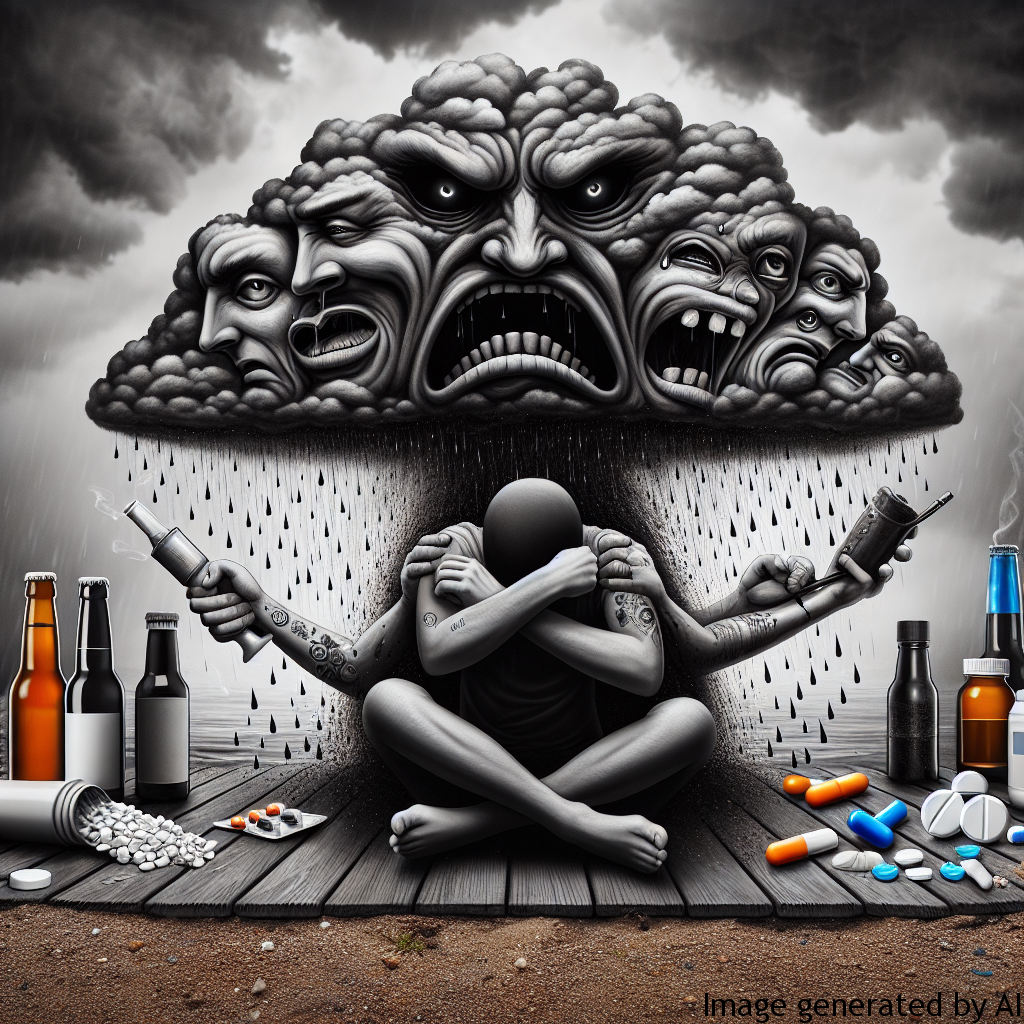“`html
Introduction
Depression and substance abuse are two intertwined mental health issues that disproportionally affect men, creating a crisis that spans across generations and cultures. The societal expectations placed on men not only put them at a higher risk of developing these disorders but also complicate their journey to recovery. This article aims to shed light on the interaction between gender roles and mental health, more specifically, depression and substance abuse in men.
Description of Gender Expectations and Their Influence on Men’s Mental Health
Society’s gender roles can play a significant role in shaping one’s emotional state and psychological wellbeing. They can dictate how individuals should behave, feel, and respond to certain situations based on their assigned gender.
The Myth of Male Strength
Many societies often associate masculinity with strength, stoicism, and emotional invulnerability. These expectations can generate enormous pressure on men to suppress their emotions, leading to internal conflicts and increased risk of mental health disorders such as depression.
Substance Abuse as a Coping Mechanism
The pressure to conform to these societal expectations can cause some men to resort to substance abuse as a form of self-medication or a coping mechanism. This behavior might temporarily mask the pain and anxiety, but in the long run, it only worsens the cycle of depression and addiction.
Examples of How Gender Roles Can Affect Men’s Lives
Existing gender roles can propagate unhealthy patterns and behaviors in men. For instance, the prevalent notion that “real men don’t cry” or show emotions can make men reluctant to seek help when they have mental health issues. This pressured silence can worsen the severity of their mental conditions and increases the risk of substance use to cope with the pain.
Men are also often expected to be the primary earners for their families. This burden can lead to high stress levels, which left unchecked, can escalate into depression and increased dependence on substances such as alcohol and drugs.
Tips on Improving Mental Health Considering Gender Roles
Addressing the effects of gender expectations on mental health requires a multifaceted approach. Awareness is critical and can range from educating society about the harm of perpetuating harmful gender stereotypes to promoting inclusivity and respect for all expressions of masculinity.
Men should also be encouraged to seek help and talk about their problems openly, rather than resorting to substance abuse. Establishing support groups that cater specifically to men’s mental health issues can improve recovery rates by providing a non-judgmental and understanding environment.
Lastly, mental health professionals should be cognizant of the unique pressures and challenges faced by men due to societal expectations. They need to develop approaches that account for these factors in their treatment and support strategies.
Conclusion
Depression and substance abuse continue to be significant challenges faced by men, fueled by rigid societal expectations and gender roles. To challenge these damaging norms, our society needs a collective shift towards a more compassionate understanding of masculine identities. This endeavor goes hand in hand with improving men’s mental health, breaking cycles of depression, and fighting substance abuse.
“`

